Knoxville, TN, United States (On-site)
Job Description
The Budke Lab in the Department of Ecology & Evolutionary Biology at the University of Tennessee (http://jmbudke.github.io/) is seeking a Post-Doctoral Research Associate to work on an NSF-funded project. This project is investigating morphological evolution in a phylogenetic context using moss plants as the experimental system.
Responsibilities
The research responsibilities will include
Assembling morphological datasets using the literature and herbarium specimens
Compiling DNA sequence datasets from publicly available resources and laboratory-based methods using herbarium specimens
Combining these data to analyze the evolution of morphological structures across a phylogeny
Opportunities will also be available to develop novel research questions focusing on the functional morphology, physiology, and evolution of the parent-offspring relationship in mosses. Supervising and mentoring undergraduate researchers in both the laboratory and herbarium will be required. An additional aim of this project is to build awareness of and appreciation for plants and botanical natural history collections. As part of the team, the postdoc will participate in hands-on outreach events, such as Darwin Day. The postdoc will also co-lead a May-term course for undergraduate students on collections-based research.
Qualifications
Required Qualifications:
A PhD in biology, ecology and evolution, systematics, or a related field.
Research experience in molecular systematics and plant morphology.
Proficiency using bioinformatic tools to infer phylogenetic trees and perform comparative analyses.
A strong work ethic with the ability to work independently and as part of a team.
Excellent verbal and written communication skills.
The ability to bring projects to completion, demonstrated by publications in peer-reviewed journals.
Motivation to engage in botanical outreach and education.
Compensation and Benefits:
The starting salary range for this position is $50,000 – $60,000, depending on experience and qualifications, per year with annual increases contingent on performance. Full health and retirement benefits are included.
Find more information on UT Benefits here
Timeline and How to Apply
Review of applications will begin on August 18, 2025, and will continue until the position is filled. The initial appointment is for one year with funding available to extend up to two years, contingent on performance.
Please include the following items in a single PDF document with the online application:
Cover letter (include expected completion date of PhD, if appropriate)
CV
Contact information for three references.
About The Department:
The Department of Ecology & Evolutionary Biology values the quality of life of all its members, and we are committed to recruiting and retaining a varied community of scientific researchers and to supporting the intercultural goals of the University. Knoxville, Tennessee is an exciting city that has undergone a vibrant civic revitalization over the past several years and is recognized as one of the most exciting up-and-coming regions in the country, yet it remains a reasonably affordable city for the United States. Nestled in the foothills of the Great Smoky Mountains, Knoxville offers a broad spectrum of educational, recreational, and cultural opportunities.
About Us
The University of Tennessee, Knoxville, has shaped leaders, changemakers, and innovative thinkers since its founding in 1794. The university is home to more than 38,000 students and 10,000 statewide employees—the Volunteers—who uphold the university’s tradition of lighting the way for others through leadership and service.
UT Knoxville offers over 900 programs of study across 14 degree-granting colleges and schools. As Tennessee’s flagship land-grant university, its footprint spans the entire state. The university holds the highest Carnegie classification for research activity and has deep partnerships with industry leaders and the US Department of Energy’s largest multidisciplinary laboratory, Oak Ridge National Laboratory.
The Knoxville campus serves and recruits for UT Knoxville, including the Institute of Agriculture and the Space Institute, as well as the UT Institute of Public Service.
UT Knoxville considers its employees its number one asset. With values that focus on work-life balance, compensation, and innovation leadership, all Vols are supported to advance professionally. Employees have access to career development and coaching, continued education, and an extensive list of development and training possibilities. The Volunteer employee experience implements structures and practices that attract and retain a diverse community and that support a culture where everyone matters and belongs.
The university holds a strong commitment to its land-grant mission of learning and engagement, with a tradition of service and leadership that carries that Volunteer spirit throughout the state and around the world. It has been ranked nationally as “Best Employer for New Graduates,” “One of America’s Best Large Employers,” and “Best Workplace for Women,” and has been designated as “Best Place for Working Parents” by Forbes Magazine.
Apply today and join the Tennessee Volunteer community!
